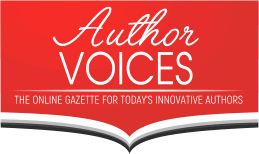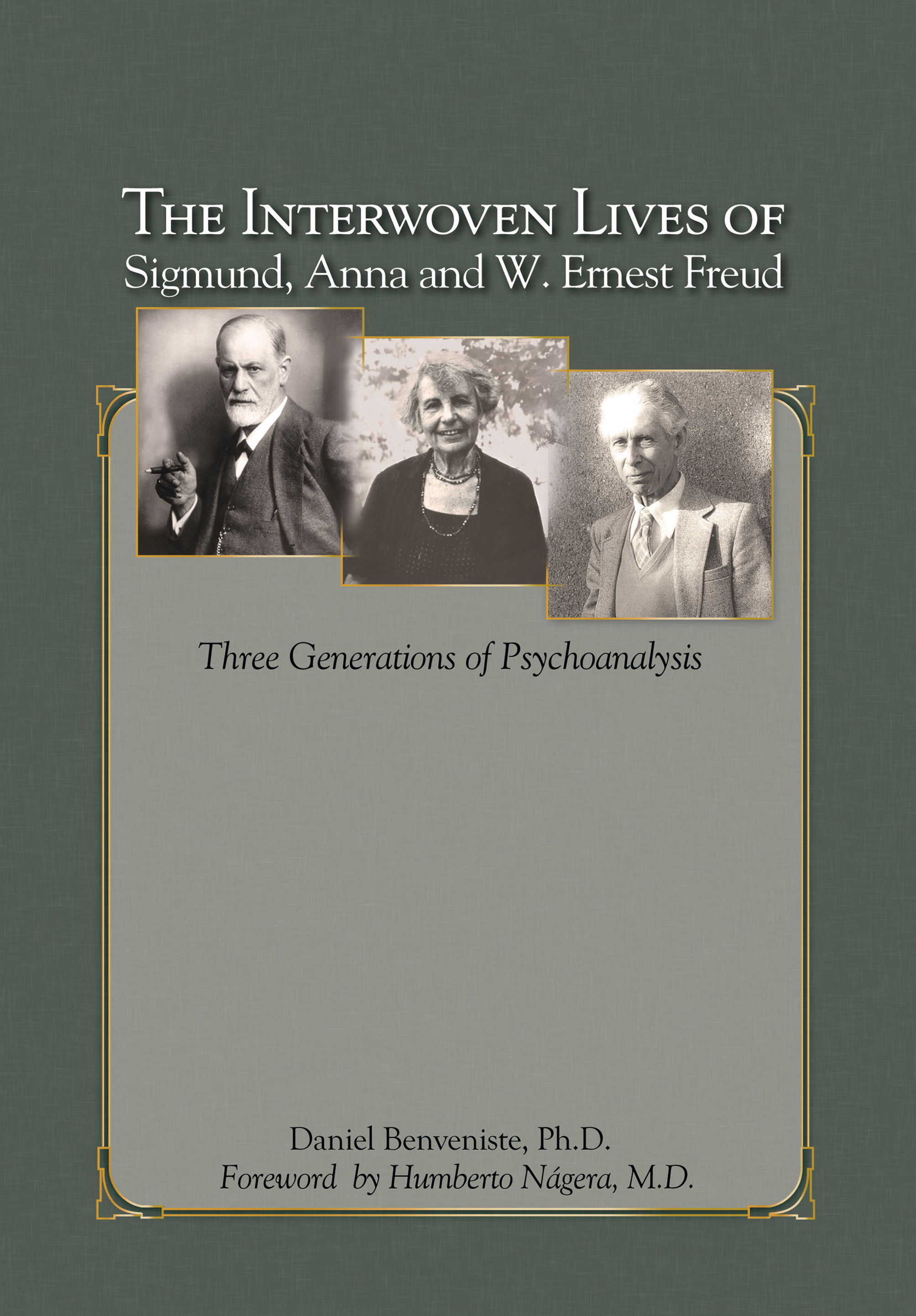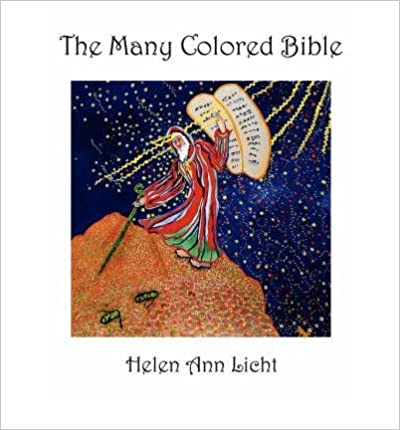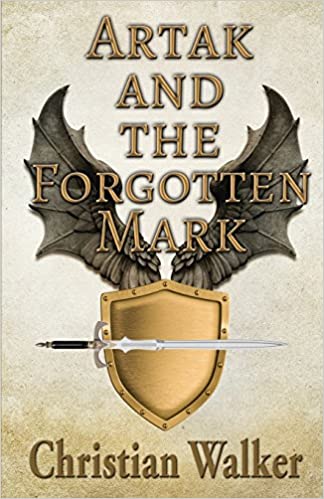Interview with Daniel Benveniste
Author of “The Interwoven Lives of Sigmund, Anna, and W. Ernest Freud: Three Generations of Psychoanalysis”
Where are you from originally and where do you reside now?
I am originally from Northern California. I went to college and graduate school in clinical psychology in San Francisco where I also started my career as a psychotherapist and adjunct professor at the University of California at Berkeley and the Wright Institute. In 1999 I moved to Caracas, Venezuela where I continued my practice clinical psychology and taught at Universidad Central de Venezuela and Universidad Católica Andres Bello. In 2010 I relocated to the Pacific Northwest and continued my practice as a clinical psychologist, lecturer, and writer.
If you currently reside somewhere besides where you were born, what’s the story that lead from there to here?
San Francisco was a great 27 year experience of crackling creativity but in 1999 I followed my heart to Caracas. Venezuela was a magnificent 11 year adventure but when the country fell apart due to the socio-political crisis, my wife and I decided it was time to get out. In 2010 we emigrated to the glorious Pacific Northwest, which we found to be as culturally vibrant as it is beautiful.
What made you decide to write and publish your first book?
My first published book is “The Interwoven Lives of Sigmund, Anna, and W. Ernest Freud: Three Generations of Psychoanalysis” (2015). It is a biography of Sigmund Freud’s oldest grandson, W. Ernest Freud, who was the only Freud grandchild to become a psychoanalyst. Neither Sigmund Freud nor his famous psychoanalyst daughter, Anna Freud, wanted anything to do with biographers. W. Ernest Freud, like his aunt Anna and grandfather Sigmund, also wanted nothing to do with biographers but for some mysterious reason, only revealed toward the end of the book, Ernest, late in life changed his mind and actually asked me to write his biography.
How would you describe your books to first time readers?
This book follows the life of a rather ordinary person who was born into a rather exceptional family, suffered extremely painful losses early in life, lived through some of the most horrific historical events of the 20th century, and suffered far more personal tragedy than most. In and around all this he persevered and found a way to love and work. Because he was a member of the Freud family and close to the center of psychoanalysis, this book also traces the parallel events in psychoanalytic history during the 20th century.
Who do you feel is most likely to connect with the topics you write about?
People interested in biography, psychoanalytic history, and the development of psychoanalytic thought in historical context will find this a long but engaging adventure.
What unexpected or surprising thing did you learn during the process of writing and publishing?
Sigmund Freud, Anna Freud, and W. Ernest Freud were all opposed to having their biographies written. But late in life W. Ernest Freud broke the family tradition when he asked me to write his biography. The most mysterious question was why he asked me to write it and it was only when we got into the data collection and interviews that he and I discovered the remarkable reason for his change of heart. It had to do with him, it had to do with me, and it had to do with his little brother who died in 1923!
If you could, what advice would you give to past self yourself before embarking on this journey?
Write “as though” you’re going to die some day!
How many people would you ideally like to reach with your books?
I am not interested in large numbers of people buying my book. It will never be sold in grocery stores or airports. I am only interested in the rather few people out there who would appreciate taking this journey with me. My book has been appreciated by some of the most illustrious psychoanalysts in the world as well as by people completely outside the field. One quite elderly woman, who spends most her time reading the Bible, read this book and told me how pleased she was to read it because it was written in approachable prose and it helped her get a new appreciation of who Freud was. Imagine that!
What has been the biggest challenge and frustration during the process to date?
The book is over 600 pages long and the hardest part for me was cutting out the other 600 pages. It was originally about 1200 pages long and I was quite in love with all the details and ever so eager to share them all with my readers so the real challenge was finding a way to cut it down to size and still keep the complexity of the story, which is what I really wanted to communicate. It is not a biography of a heroic figure but rather a fairly ordinary person in rather extraordinary circumstances. My task was to convey the way in which his life was interwoven with the lives of his aunt Anna and his famous grandfather. Beyond that it contextualizes his life and work in relation to psychoanalytic history and world history of the 20th century.
What’s your biggest strengths when it comes to book a) writing, b) publishing and c) marketing?
My strength as a writer is to make complex psychoanalytic theory and technique understandable to a lay audience. I leave the publishing and marketing to my publisher.
What’s your biggest weakness when it comes to book a) writing, b) publishing and c) marketing?
I don’t know if I would call it a weakness but my books were never intended to make great sums of money or be available for mass consumption. They are opportunities for me to share my thoughts with those few that might be interested.
When do you think you will you write your next book?
I have already written two other books: “Anna Freud in the Hampstead Clinic: Letters to Humberto Nágera” and “The Venezuelan Revolution: A Critique from the Left”. I am working on two other books now: “Libido, Culture and Consciousness: Psychological Development and Cultural Evolution” and a book on the psychotherapy technique to be translated into Mandarin.
Are you self published or did you use a hybrid publisher, or a traditional publisher?
Two of my books are published by International Psychoanalytic Books and the one on Venezuela is self published.
FEATURED AUTHORS
Worrying if I was telling too many secrets Leaving out so much.
Keep Reading »Writing is an arduous task even when one has all ideas clear in the read more
Keep Reading »Write the book, start marketing (letting people know of it) before you finish.
Keep Reading »










